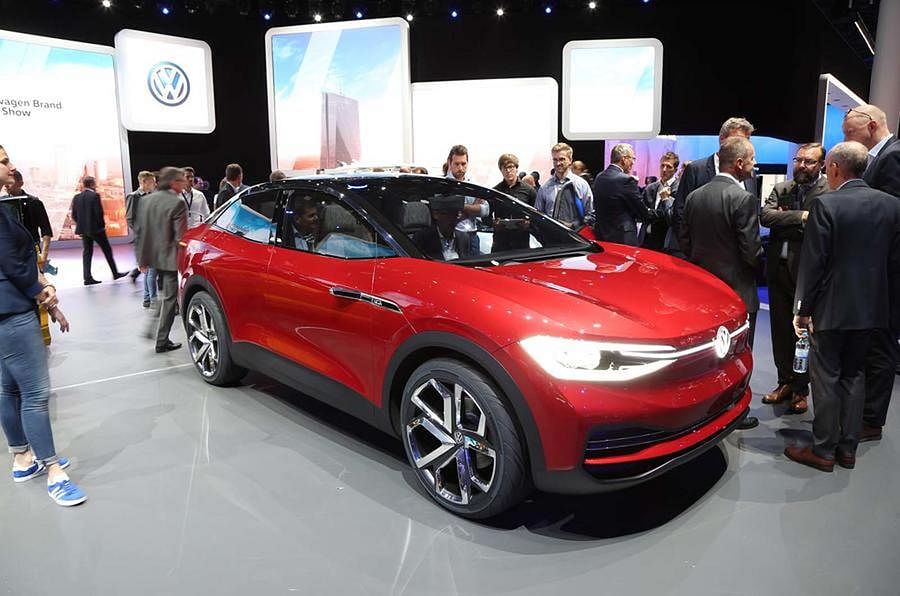Volkswagen: we'll continue to produce combustion engines after 2026
The firm's technical chief says will continue to develop combustion-engined cars - but will focus on EVs in Europe.
Volkswagen's technical boss Frank Welsch says the firm will continue to produce new vehicles powered by internal combustion engines beyond 2026, despite an earlier claim they would be phased out by then.
However, Welsch hinted that the firm would focus purely on electric cars in Europe past that date.
Speaking at the Handelsblatt automotive summit in Wolfsburg earlier this week, firm's head of strategy Michael Jost said that engineers “are working on the last platform for vehicles that aren’t CO2-neutral”.
“We’re gradually fading out combustion engines to the absolute minimum,” he said. “In the year 2026, the last product based on a combustion platform will be started.”
However, Frank Welsch, VW's development chief, has moved to clarify those comments: "It is not correct to say we will stop developing internal combustion engines from 2026.

VW Crozz SUV
Welsch added: "What I think has happened is that people were talking about the 2040 date widely talked about for stopping selling ICE cars in Europe and then worked backwards in a logical way. But Europe is not the only market, other regions have their own regulations and requirements, and I can see us developing more and more efficient ICE cars long beyond the quoted 2026 date.”
Asked if development times between engine generations might extend as VW built up its portfolio of electric cars, Welsch added: “I don’t see how that will be possible, because we will be required to improve by legislation and our competitors are not going to stand still.”
While Europe and certain markets such as China are introducing legislation that force development to move towards electric cars, lower-cost petrol and diesel engines are likely to remain in demand in developing countries where the infrastructure doesn't exist for charging electric vehicles.
Volkswagen has pursued a radical shift to electrification in the last couple of years, as it attempts to enter a new era post-Dieselgate. It's also under the same pressure as the broader car industry to hit tough emissions targets to combat climate change.
Last year, the Volkswagen Group, which also includes Audi, Porsche, Seat and Skoda, said it would invest £30 billion in electrification, autonomy and technology by 2022.
Volkswagen’s ID range of electric vehicles includes the hatchback, Crozz SUV and Buzz Cargo van. All will be built on the Group's new MEB EV platform. The first production ID car, the hatchback, will go on sale in early 2020.
RELATED ARTICLES
Autoliv Plans JV for Advanced Safety Electronics With China’s HSAE
The new joint venture, which is to be located strategically near Shanghai and close to several existing Autoliv sites in...
JLR to Restart Production Over a Month After September Hacking
Manufacturing operations at the Tata Group-owned British luxury car and SUV manufacturer were shut down following a cybe...
BYD UK Sales Jump 880% in September to 11,271 units
Sales record sets the UK apart as the largest international market for BYD outside of China for the first time. The Seal...






 08 Dec 2018
08 Dec 2018
 6372 Views
6372 Views





 Ajit Dalvi
Ajit Dalvi




